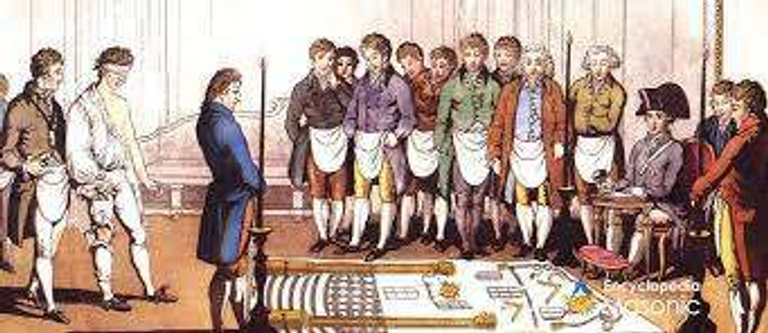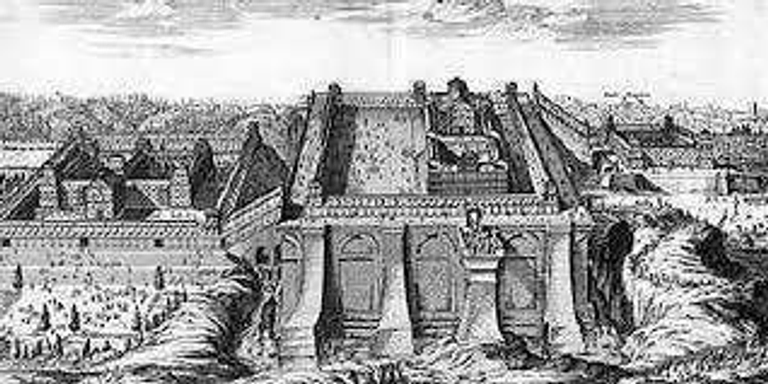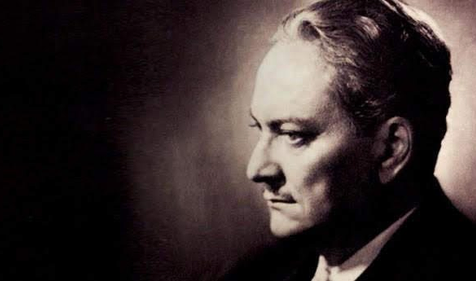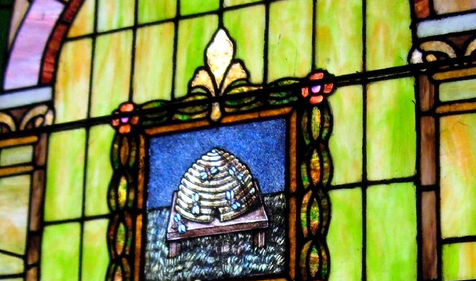We look back and reflect on the teachings, principles, and significance of the first three degrees in blue lodge Freemasonry.
For those who have earned the title of 32° Scottish Rite Mason, it can often feel like ages ago that they first entered the blue lodge and earned the title, rights, and responsibilities of Master Mason. Those early days as a candidate are filled with curiosity, mystique, and mental labor as interested initiates make their way through the first three, progressive degrees.
Representing youth, adulthood, and old age as it relates to knowledge gained from the Craft, these foundational teachings prepare men for the title of Master Mason - an honor bestowed to men who have accepted our Masonic obligation and who live their life according to the highest ideals of the Architect of the Universe and Freemasonry.
However, in seeking to live by the three core tenets of Freemasonry (Brotherly Love, Relief, and Truth) one must accept that they can never truly be a Master Mason, as a man should always be seeking to improve his Craft. As such, it can be nothing but beneficial for every Master Mason to revisit the essential principles of Freemasonry and reflect on his Masonic journey thus far.
1°: Entered Apprentice

The first degree, Entered Apprentice, is intended to be a candidate's first introduction to Masonry. Entering at his own free will and with confirmation of his belief in a Supreme Being, prospective Masons receive instructions and light about the fraternity through information provided on Operative and Speculative Masons, why Masonry teaches in symbolism, and how the lodge room represents the world and parts of King Solomon’s Temple.
The symbolism of the Entered Apprentice degree emphasizes beginning, spiritual birth, the first steps of youth, and orientation to the light. Here, candidates first learn the importance of a man’s inner worth rather than his worldly wealth - or what it means to be “duly and truly prepared.” They learn about kneeling at the altar, the significance of God’s (however the individual defines him/her) place in Masonry and in every Mason’s life. They can now articulate the three lights of Freemasonry - the Volume of Sacred Law, the square, and compass - and how it guides Masons to become the best they can be.
At this stage, the Entered Apprentice is only a Mason in the sense that he is a rough ashlar in the process of being made into a perfect ashlar. To be “perfected,” he must continue on his journey of self-improvement and participate in the second and third degrees.
2°: Fellowcraft
Where the first degree encompasses the body and our actions in the world - or our duties to ourselves, our neighbors, and God - the second degree addresses the mind and prepares men for spiritual enlightenment.
As such, the Fellowcraft degree emphasizes education through philosophy, intellectual enlightenment, and wisdom. Candidates are called to learn, study, and revel in the education found in Freemasonry and liberal arts and seek the highest advancement in the Craft and, consequently, their life.
Up-and-coming Masons are tasked with acquiring knowledge and applying it, using the working tools of the craft, to build his character and improve the society in which he lives. It is during the second degree that candidates are introduced to Masons’ beloved symbol, the winding staircase, and Freemasons’ quest to continually elevate their knowledge and advance in their Masonic journey. Upon completion of the second degree, Fellowcraft Masons understand the wages of the Fellowcraft are wealth in the form of mental and spiritual enlightenment. For Brothers who love learning, there is a treasure trove of symbolism and history to indulge in during the Fellowcraft degree.
Once men have proven their commitment, understanding, and acceptance of these Masonic truths, they may take the third degree and complete their journey towards Master Mason.
3°: Master Mason

The third degree, Master Mason, is the pinnacle point in a candidate’s blue lodge experience. The crown of the blue lodge, the Master Mason degree is the culmination of all that has been taught as an Entered Apprentice and Fellowcraft.
In the first two degrees of the blue lodge, men learn how to physically and mentally prepare for spiritual enlightenment through the teachings of the Craft. In the third degree, candidates now learn how the soul may be brought to its perfection. The Master Mason degree emphasizes the elevation of a candidate’s moral character and the raising of his spiritual consciousness to a higher degree of awareness, while at the same time asserting lessons in the immortality of the soul.
At this stage of the blue lodge, men find the Masonic trowel in their kit of working tools. They expand their Masonic obligation to include the spread of brotherly love and they strengthen their connection to their soul by loving others. Brothers, upon completion of the third degree, earn the right to travel in foreign countries - or continually search for truth, wherever it may be found. Most importantly, they understand the importance of the legend of Hiram and Solomon’s Temple. Men can now see the symbolism of Solomon’s Temple and Operative Freemasonry throughout the Craft. They understand why steadfastly standing by your beliefs, even in the face of death and ruin, is the greatest personal distinction to be held.
The candidate is now ready to approach the portal of the Sublime Degree of Master Mason.
Throughout all of Freemasonry, both at the blue lodge, Scottish Rite, and our other appendant bodies, there are endless symbols, stories, and traditions to explore. Many find as they advance in life and in the Craft new revelations and meaning to each of the degrees, despite having visited the degree in question numerous times prior.
So, what makes a Master Mason? A lifelong quest to become the best they can be.
Related Stories
Discover additional Scottish Rite blogs and news on this topic.
-
Manly P. Hall: Philosopher, Mystic, and Freemason
Famous Masons
Read More about Manly P. Hall: Philosopher, Mystic, and Freemason
-
What Does the Beehive Mean in Freemasonry?
Degrees
Read More about What Does the Beehive Mean in Freemasonry?
-
Was Robert Burns a Freemason?
Famous Masons
Read More about Was Robert Burns a Freemason?



